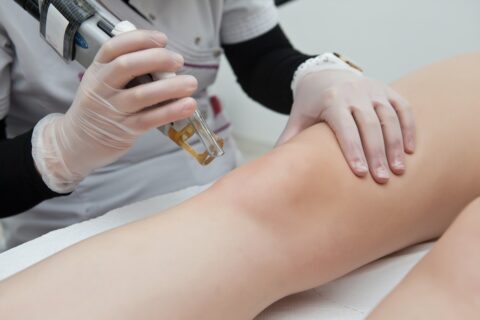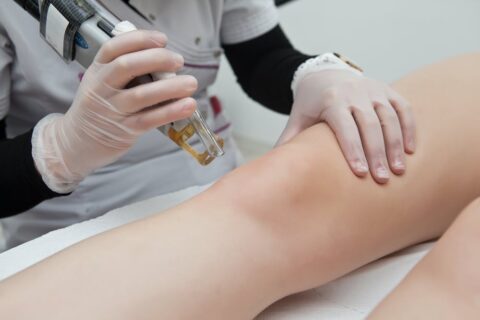Do you want to remove unwanted hair forever? Why don’t you try laser hair removal? Perhaps you may find laser treatments for hair removal intimidating, but it sure is worth it in the end.
Laser hair removal is a better option instead of waxing or shaving, for it is cheaper and more sustainable, and much less painful. You can also consider it the best among all hair removal methods, for it offers nearly permanent hair removal. You may not need to shave or wax again after going through laser hair removal treatments.
If you want to understand how laser hair removal works, read on. This post provides answers to some of the most frequently asked questions about laser hair removal that first-timers might have in mind.
How Does Laser Hair Removal Work?
Have you already heard about selective photothermolysis? This concept is what makes laser hair removal work. When wavelength and pulse duration are matched, a laser can target a specific object without damaging the surrounding surfaces. In laser hair removal, hair follicles are the target.
Now, during a session, the laser emits light energy, which targets the hair pigment. When the melanin absorbs the laser energy, it is converted into thermal energy that travels down to the hair follicle. Heat then damages the strand, preventing further hair growth.
Is Laser Hair Removal Permanent?
FDA standards do not recognize laser hair removal as a permanent hair removal method, although it has worked this way for some patients. Instead, laser hair removal is classified as a long-term hair growth reduction method, reducing hair growth up to 90%.
Keep in mind that treatment results differ from one person to another. Hormone levels, hair color, hair type, genetics, skin tone, and other factors may impact the treatment outcomes. For instance, pregnancy is a severe hormonal change that can trigger hair growth despite going through laser hair removal treatments.
How Long Does a Laser Hair Removal Session Last?
The length of your laser session depends on the size of the area you wish to get treated. For example, in treating small spots like underarms, a session may only take roughly 10 minutes. In contrast, large areas like the entire length of your legs may require at least a 30-minute session, and a full-body session may take up to two hours.
Does Laser Hair Removal Hurt?
Pain is subjective, and your pain tolerance can be vastly different from other people. When compared to waxing, laser hair removal treatment is very nearly painless. You may feel some discomfort due to foreign sensations, but it is tolerable.
What Should I Expect after the First Laser Hair Removal Session?
For about 24 to 48 hours after the procedure, you will notice that your skin feels very sensitive and, at times, irritated. In rare cases, others also experience some redness. It is best to avoid hot showers and exercise, as well as applying perfume, lotion, and deodorant for the first two days.
Final Thoughts
Laser hair removal is an excellent option for people who want to get rid of their unwanted hair and avoid regular maintenance. It works very well, and there is a significant chance that the effects may be permanent. If you have the time and the means to do so, you will appreciate this service and the convenience it can bring to your life.
If you want to get your laser hair removal that will give you the best experience, you’d love Z Med Clinic. We’re one of the best wellness clinics in Houston, and we specialize in laser hair removal services. Contact us today!






